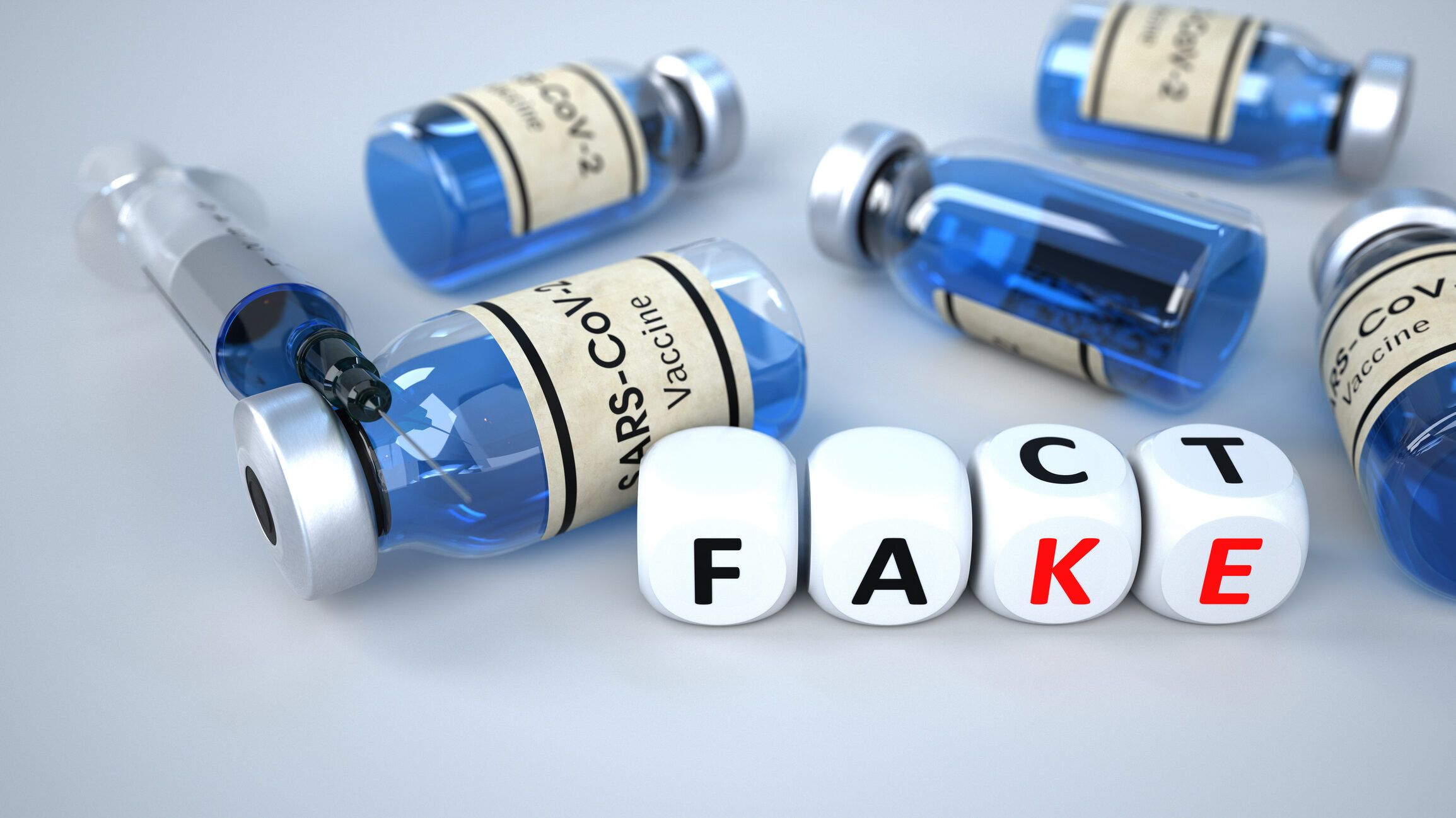Explaining Health Misinformation Belief through News, Social, and Alternative Health Media Use: The Moderating Roles of Need for Cognition and Faith in Intuition
January 16, 2025
In recent years, the proliferation of health misinformation has plagued social media and digital platforms. The widespread and rapid dissemination of false claims undermines evidence-based knowledge and public health initiatives, posing a significant threat to informed individual decision-making and jeopardising public health outcomes on a societal level.
Previous research has examined misinformation on platforms like Facebook and Twitter (now X) but the impact of alternative health media sites promoting unproven remedies, and individual cognitive factors on the dissemination and acceptance of inaccurate medical claims remain relatively unexplored. In “Explaining Health Misinformation Belief through News, Social, and Alternative Health Media Use: The Moderating Roles of Need for Cognition and Faith in Intuition” (Health Communication, 2023), Yuanyuan Wu (Department of Communications and New Media), Assistant Professor Ozan Kuru (Department of Communications and New Media), Scott W. Campbell (University of Michigan), and Lemi Baruh (Koç University) explored how platform reliance interacts with individual cognitive styles to influence susceptibility to health misinformation beliefs.
The authors surveyed over 3,500 individuals in Singapore, Turkey, and the US to gather data on participants’ media use habits and health misinformation beliefs. They examined how two individual traits, Need for Cognition (NFC) and Faith in Intuition (FI), may moderate belief in health misinformation. NFC refers to one’s preference for analytical thinking over heuristics, while FI refers to the tendency to decide based on feelings rather than a thorough examination of evidence.
The study found that greater reliance on legacy news sources was associated with lower belief in health misinformation, while reliance on social media and alternative health media was associated with a higher tendency to believe misinformation about health. Interestingly, NFC was found to be a positive predictor of health misinformation belief, especially in relation to reliance on social media and alternative health media. Higher NFC seemed to worsen the ‘negative’ implications of social media and alternative health media use for belief in health misinformation. This finding is contrary to prior research, which suggested that high-NFC individuals, who prefer analytical thinking, are less susceptible to misinformation. The authors attributed this to how excessive online searching driven by high NFC, without proper knowledge or training in evaluation, could overwhelm cognitive resources and impair judgement.
When bombarded with large amounts of information across platforms, even analytically-inclined individuals may struggle to discern truth from falsehood. By collaboratively developing strategies involving various stakeholders to promote critical thinking and thoughtful consumption, informed decision-making can be fostered while mitigating false beliefs.
Read the full article here.

